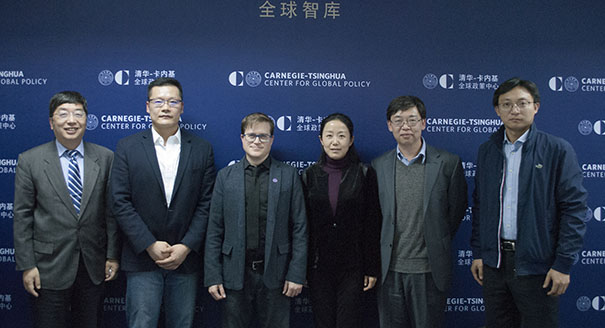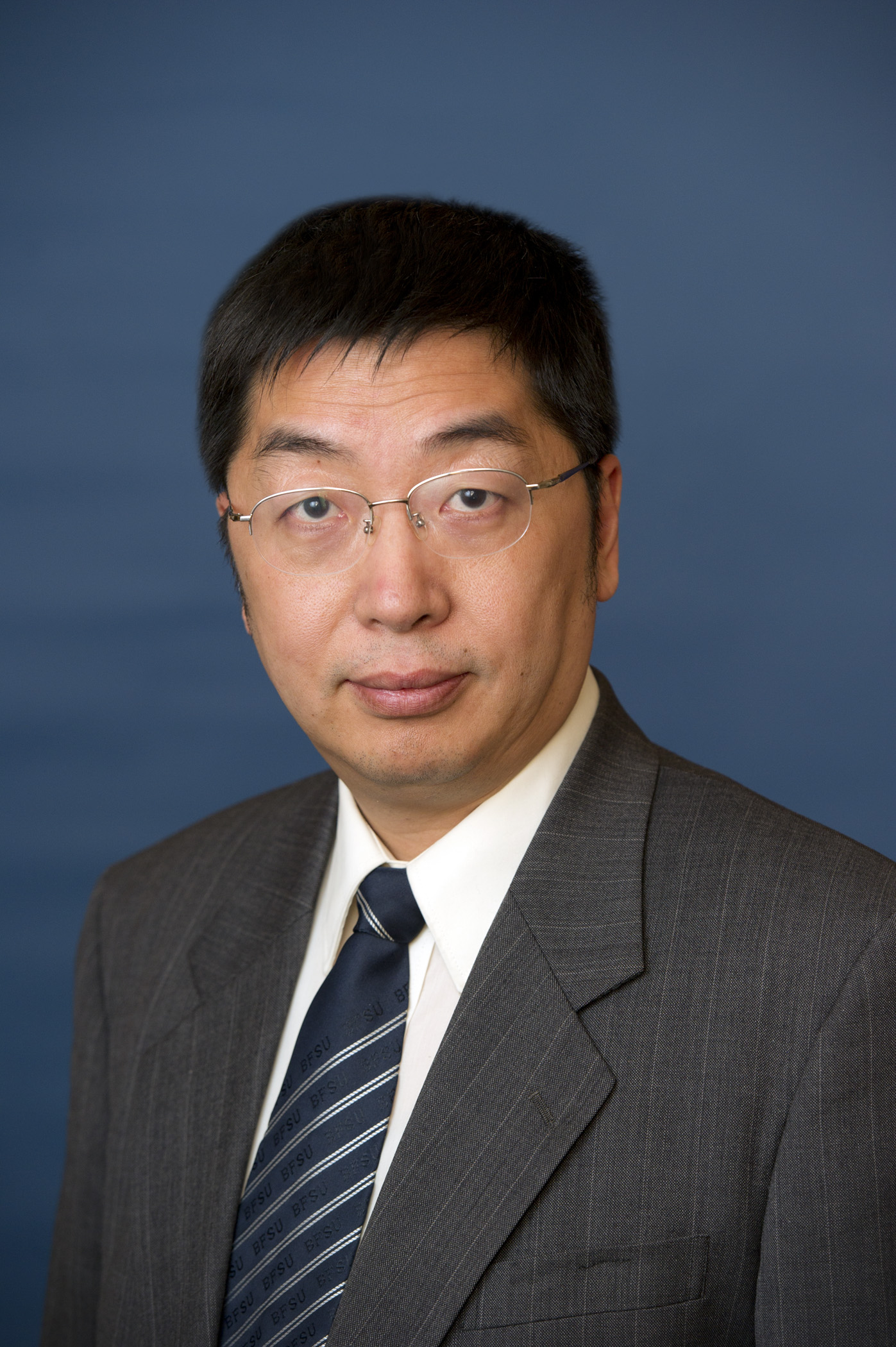{
"authors": [
"Li Bin",
"Yang Yi",
"Elad Popovich",
"Yang Xiao",
"Xue Yang",
"Zhang Weiwen"
],
"type": "event",
"centerAffiliationAll": "",
"centers": [
"Carnegie Endowment for International Peace",
"Carnegie China"
],
"collections": [
"China’s Foreign Relations"
],
"englishNewsletterAll": "",
"nonEnglishNewsletterAll": "",
"primaryCenter": "Carnegie China",
"programAffiliation": "",
"programs": [],
"projects": [],
"regions": [],
"topics": [
"Security",
"Arms Control"
]
}
Establishing an International Code of Conduct for Biological Scientists
Wed, October 31st, 2018
Beijing
Although the development of biotechnologies has brought notable economic and health benefits for the global population, scientists working in this field could also cause large-scale harm, such as by creating and releasing toxic pathogens, without proper training and oversight. International efforts to mitigate potential threats, such as the Biological Weapons Convention, have so far proven to be of limited effectiveness in preventing the misuse of these emergent technologies. That is why a widely supported international code of conduct for experts working on sensitive biotechnologies would help reduce mismanagement and foster safety regulations across the world.
Li Bin moderated a discussion on how the international community can work together on guidelines to govern behaviors and avert risks in the biotechnology field.
DISCUSSION HIGHLIGHTS
- Scope of the Current Biothreat Environment: The discussants remarked that biotechnologies and biosciences have advanced considerably over the past fifteen years, which has significantly complicated their regulation. New technological developments have disrupted the rules that have governed the management of infectious diseases and bioscience practices in general. Panelists agreed that genetic engineering is one of the emerging risks in the fast-developing bioscience environment. Biotechnology is getting cheaper and easier to use and, unlike nuclear science, these technologies require fewer materials and less space to create. The risk from biothreats is increasing as both information and material become more easily accessible. This raises the need to establish an international code of conduct before a crisis occurs.
- Benefits of an International Code of Conduct: The panelists argued that a code of conduct is needed in order to manage the emerging risks from biothreats and the misuse of emerging technologies. Proponents for a code of conduct argued that it is necessary to release guidelines to raise awareness about the severity of biothreats. The code of conduct would outline necessary responses to biothreats, strengthen biosafety measures, and enhance education and awareness about the benefits and risks associated with the rapid development of biotechnologies.
- Limitations of an International Code of Conduct: Although the importance of an international code of conduct is clear, the panelists noted that individual countries will only be able to implement the measures according to their own capabilities. Furthermore, the development of biotechnologies often outpaces that of regulations, so it may be difficult to create a code of conduct that remains relevant in the fast-changing biothreat environment. Another concern is the code’s lack of impact on those who seek to intentionally weaponize biotechnology. Lastly, the uncertainty surrounding U.S. participation in negotiations jeopardizes an international effort to establish a code of conduct.
- Required Collaboration of All Actors: The discussants noted the need for lawyers and scientists to collaborate with government officials and representatives from the business community in order to build a comprehensive code of conduct. Moreover, governments should work with the private sector and scientists to properly implement the code given the complexities of biotechnology. Together, those parties could improve the regulations on biotechnology and related safety measures to minimize the future costs of conflicts involving biological weapons and mistakes by bioscientists.
Li Bin
Li Bin is a senior fellow working jointly in the Nuclear Policy Program and the Asia Program at the Carnegie Endowment for International Peace. A physicist and expert on nuclear disarmament, his research focuses on China’s nuclear and arms control policy and on U.S.-Chinese nuclear relations.
Yang Yi
Yang Yi is secretary general of the China Arms Control and Disarmament Association.
Elad Popovich
Elad Popovich is a visiting professor in the Department of International Relations at Tsinghua University.
Yang Xiao
Yang Xiao is a research fellow at the China Institutes of Contemporary International Relations.
Xue Yang
Xue Yang is an assistant professor and research fellow at the Center of Biosafety Research and Strategy at Tianjin University.
Zhang Weiwen
Zhang Weiwen is professor of microbiology and biochemical engineering and director of the Laboratory of Synthetic Microbiology at Tianjin University.
Carnegie does not take institutional positions on public policy issues; the views represented herein are those of the author(s) and do not necessarily reflect the views of Carnegie, its staff, or its trustees.
